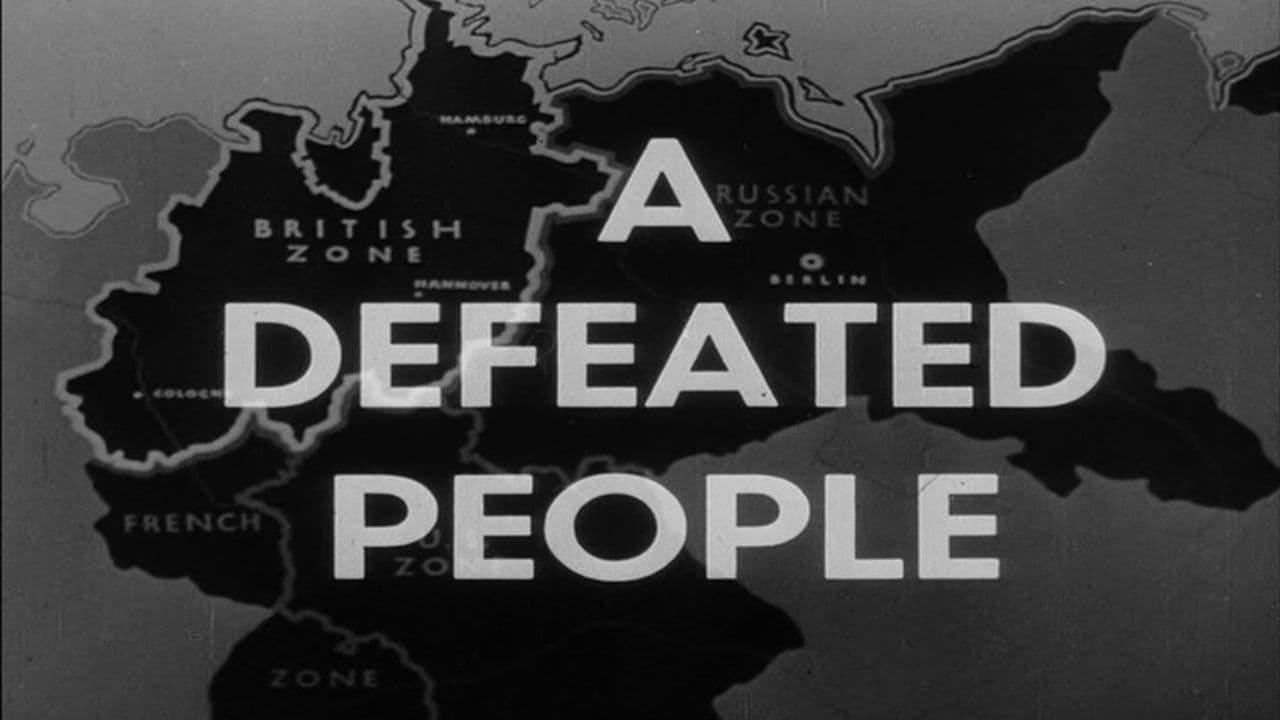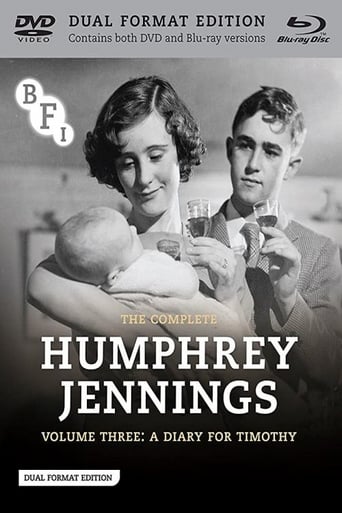



Self-important, over-dramatic, uninspired.
Each character in this movie — down to the smallest one — is an individual rather than a type, prone to spontaneous changes of mood and sometimes amusing outbursts of pettiness or ill humor.
View MoreOne of the best movies of the year! Incredible from the beginning to the end.
View MoreThere's no way I can possibly love it entirely but I just think its ridiculously bad, but enjoyable at the same time.
View MorePerhaps it is as well that human beings have short memories. If not it would be strange that someone from Hamburg should not notice the enormous lie with which this film begins about the "strategic" nature of British bombing at the end of the war since Hamburg was the victim of the 1943 Operation Gomorrah napalm-bombing (42,600 civilians killed, 37,000 wounded and virtually the entire city destroyed. The bombing was "strategic" only in the now-current euphemistic sense.Although the film that follow portrays accurately enough the miserable state of Germany in 1946, the patronising and arrogant tone of the victorious is far from pleasant. The British, who had sold to the world such a modestly noble view of themselves (as though there as no such thing as an Empire) during the difficult days of the war, rather let the mask slip once the tables had definitively turned.Another misleading claim in the film concerns the Krupp industrial empire which in fact the British and their US allies took great care to maintain intact (while bombing civilians at the end of the war thy were often carefully avoiding bombing factories and installations they thought would be important to them after the war. It is true that Alfred Krupp was arrested and tried for war-crimes but he was amnestied and freed in 1951 and the company remained in the hands of the family until the recession of the 1960s. Just as responsible for killing British soldiers as Hitler and Göring, eh? If, as William Hartnell intones, "by killing they grew rich", by keeping a low profile, they stayed that way. But then Hartnell did not yet have his telephone-box time-capsule in those days and could not foretell in 1946 the bizarrely hypocritical turn that the so-called "denazification" of Germany would take.These are not the charming, plucky Brits of the early wartime shorts, these are the British who believed themselves specially ordained to rule three-quarters of the globe. Little surprise then that this film was not intended for the general pubic.
View MoreThis is a short film about the German people in the destroyed post-war Germany of 1946. I believe it was intended for army personal. There are lots of such films, what makes this one special are two things: The acclaimed documentarist Jennings has a very visual cinematic style that is lightyears ahead of the usual newsreel-stuff (which is the reason why many of his best shots out of this film were reused in many newsreels). Most important however, he does not attempt to create a propaganda film a la "the German people are not our friends" etc, instead it is what I summon a fairly realistic view of a defeated people and how they try to survive in a destroyed environment. It struck me as very odd that he did not even hesitate to criticize the British military government. There is some stunning footage of a completely overloaded train in Hamburg central station, which shows two completely swamped British mp's trying to get people "not to ride on the buffers". The commentary is very personal and moving at parts in describing the circumstances. One shot had me close to tears, it showed a couple of young children playing on a huge pile of debree while in the background you could see the tower of the St.Michaelis-Church of Hamburg. A spot where I often pass these days. If you have any chance to see this film (I saw it at a seminar for "Re-Educating Germany by Film") don't miss it. Jennings wrote a book about his film experiences (title escapes me) which is very worth reading (but quite rare I think).
View More